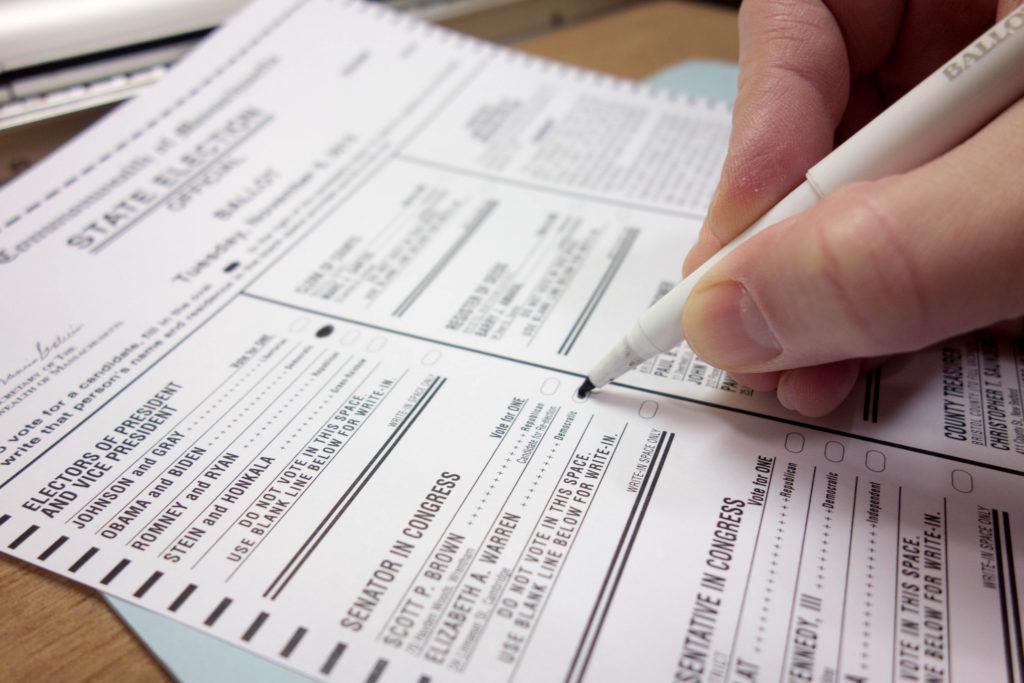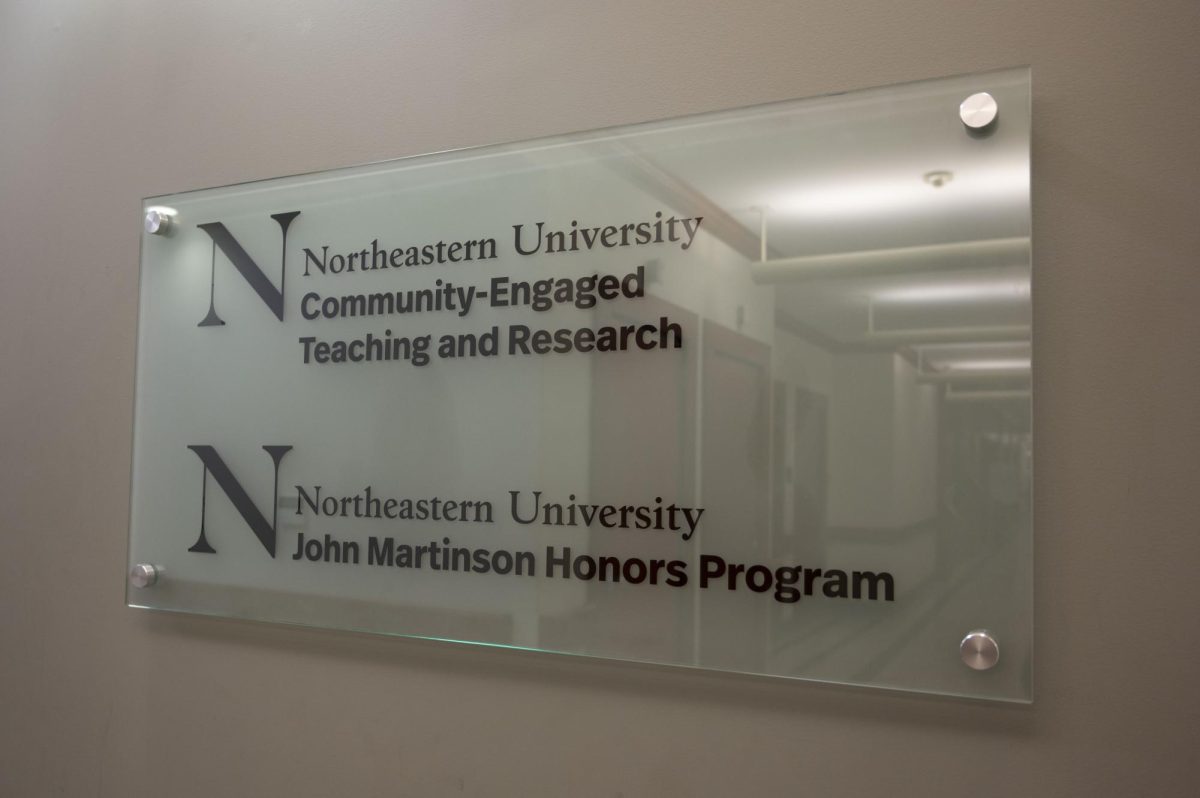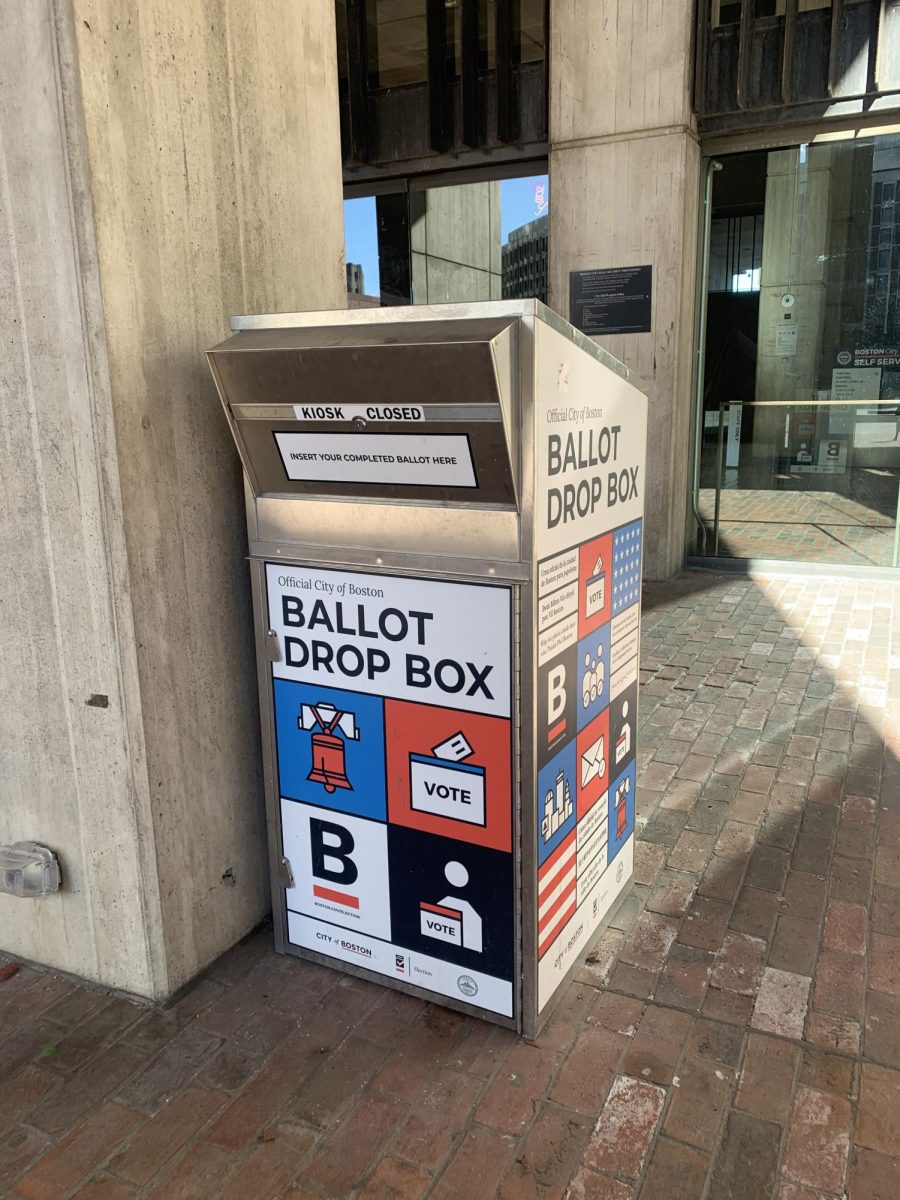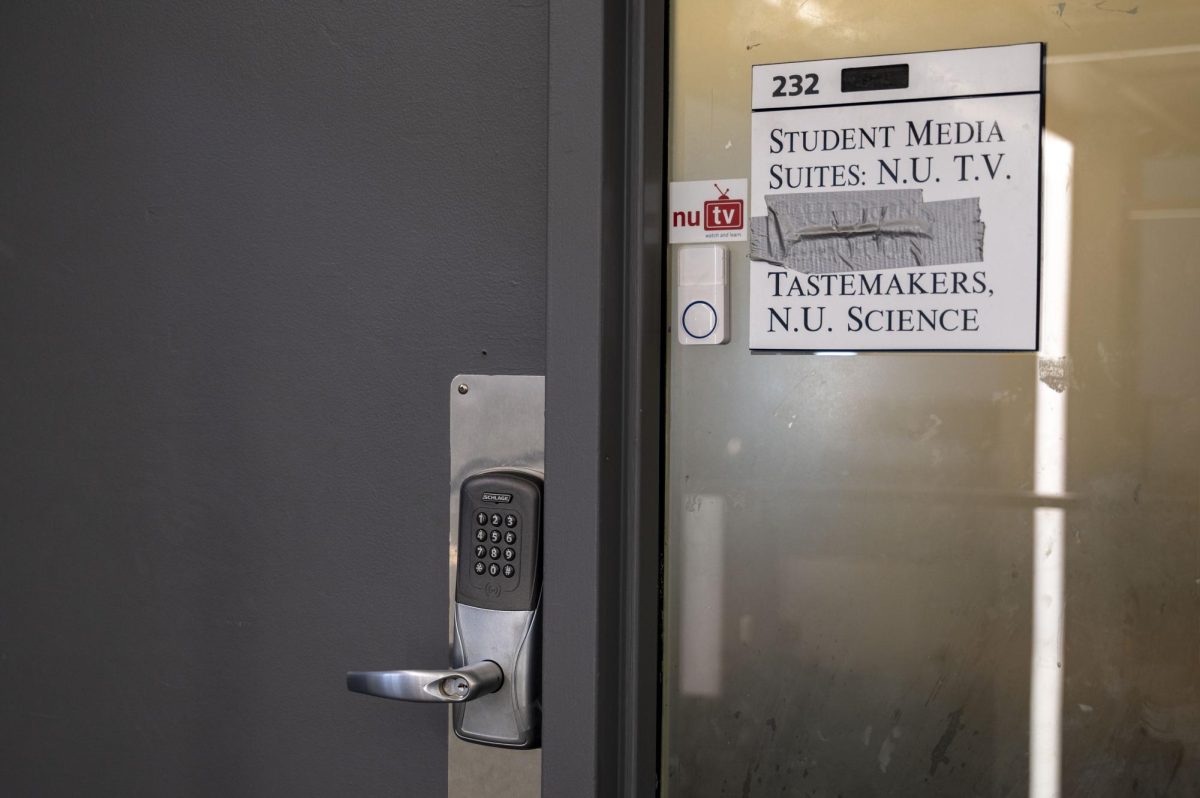Dear Editor,
I am confident that if I said the current US Congress was one of the most dysfunctional that our generation has seen, I would not see much disagreement. It’s for this reason that a lot of people I talk to wave discussions off with a shrug and a “that’s politics.” The truth of the matter is that it doesn’t have to be this way.
In the wake of recent judicial decisions, the issue of campaign financing has been thrust into public view; however, I would like to briefly shine the spotlight on another issue that I think has played a non-trivial role in shaping today’s political climate: that of gerrymandering.
Gerrymandering is the rearrangement of electoral districts with the goal of making elections easier or harder for a particular political interest – whether that is a party, a demographic or a region. Usually, gerrymandering takes the form of concentrating as many of the target demographic into a single district and spreading the rest out across all districts – diluting its political voice and pushing the overall voice of the other districts in the opposite direction.
The simple reason that gerrymandering happens is that, in most states, the incumbents of the legislature themselves deliberate to decide the new districts – and they all have a common interest – to make future elections easier for themselves. In a legislature dominated by a particular interest, that interest can be further manifested in a redistricting decision.
What I am here to say is that gerrymandering makes life harder for candidates and for the electorate. For candidates, it means that within a district they will usually be competing not with an opposing interest – but often with somebody from the same political party – and this competition occurs in the primary election. It makes it easy for candidates to lose their stake simply by another candidate questioning their commitment to an issue – in essence saying that they are not radical enough.
Gerrymandering makes life harder for the electorate because in a legislature where the representatives know they will be scrutinized for “allegiance” when they are up for election again, why would they compromise on the House floor?
Districts should be redrawn by someone outside the legislature in a transparent way. Some states do this in courts or by a special commission. Another solution to gerrymandering would be to throw away the districts entirely. Switching to a mixed-member proportional voting system would mean that representatives are elected based on the proportion of the electorate that votes for their party.
I believe that the issue of gerrymandering is largely ignored – it has, after all, persisted in the US since at least 1800. Today, it is clear that there is a problem on Capitol Hill and I think that we should inspect all of the issues that might be part of the problem.
-Joseph Griego is a junior computer science major.
Photo courtesy Creative Commons.














